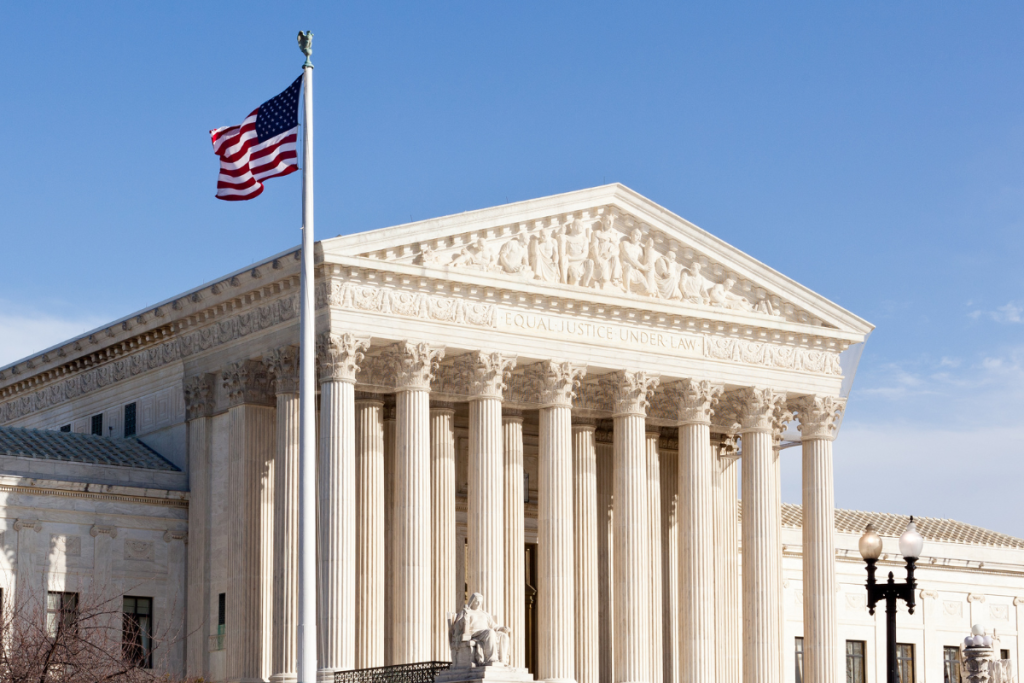A federal court has issued a permanent injunction against four of President Trump’s sweeping tariff orders, citing misuse of emergency powers under the International Emergency Economic Powers Act. The ruling raises immediate implications for trade compliance, supply chain cost modeling, and executive authority in trade enforcement.
Court Rejects Tariffs Tied to National Emergencies
The U.S. Court of International Trade issued a permanent injunction against four tariff orders enacted by former President Donald Trump, ruling they exceeded the scope of presidential authority under the International Emergency Economic Powers Act (IEEPA). The court ordered an immediate stop to enforcement actions and instructed agencies to issue formal withdrawal notices within 10 days.
The blocked orders included tariffs on Canada, China, Mexico, a global 10% surcharge, and retaliatory measures. They had been justified by the White House using various declared emergencies, including immigration, narcotics trafficking, and “unfair trade practices.”
The court sided with small businesses and state petitioners, who argued that IEEPA was never intended to authorize tariffs in these contexts. The panel wrote that the orders “exceed any authority granted to the President by IEEPA,” and that the stated threats bore no direct connection to the tariff actions taken.
Though presidents have used emergency powers to influence trade before, most notably Richard Nixon in 1971, the legal basis has shifted. The law Nixon relied on was later replaced by IEEPA, which had not previously been used to justify broad tariff measures. Trump’s approach was the first real legal test of that statute’s limits.
Impact on Trade Compliance and Executive Authority
For supply chain leaders, the ruling introduces another variable in trade risk management. Companies that adjusted cost structures, sourcing plans, or compliance frameworks under the Trump tariff regime may now face renegotiations or exposure to legal uncertainties depending on how appeals progress.
The decision also sets a clearer judicial boundary around executive power in trade policy. While the Biden administration has rolled back some of the contested measures, the case may act as a reference point for future administrations, especially if they attempt to circumvent Congress in reshaping import policy.
Supply chains built around stable tariff regimes may need to rethink exposure. The ruling doesn’t change current tariff levels overnight, but it signals that such actions will face more aggressive legal scrutiny going forward.
Court Defines the Perimeter
The court’s decision marks a key moment in reasserting legal constraints on unilateral trade action. For supply chain leaders, the ruling serves as a reminder that legal infrastructure matters as much as political will. Tariff planning now requires not just geopolitical awareness but legal fluency, especially when executive powers are used to alter trade flows outside traditional legislative processes. This ruling won’t end tariff volatility, but it sharpens the lines around how policy can be imposed.








